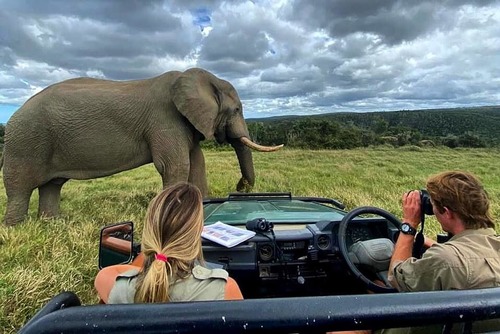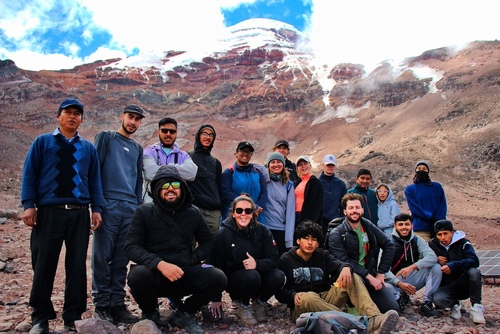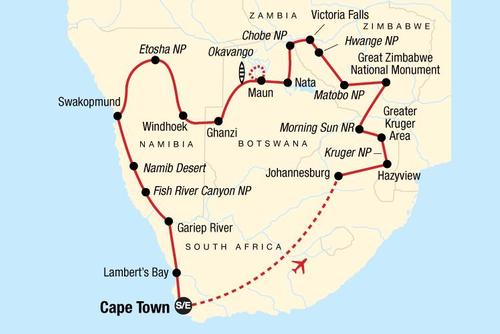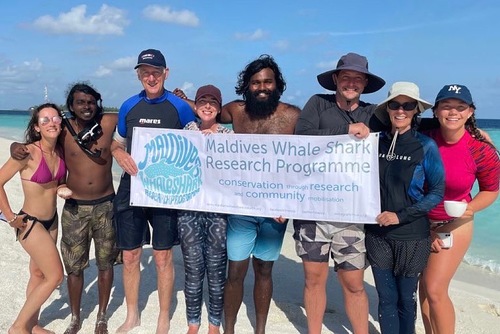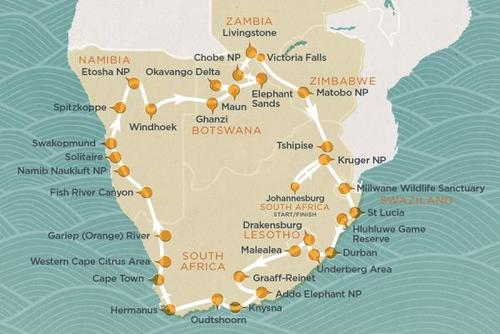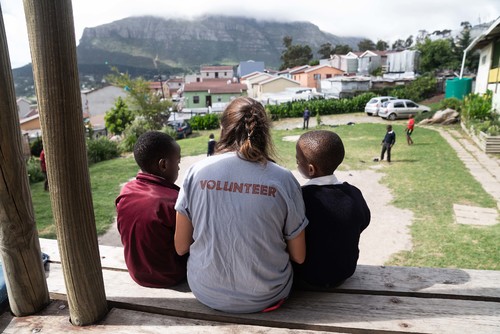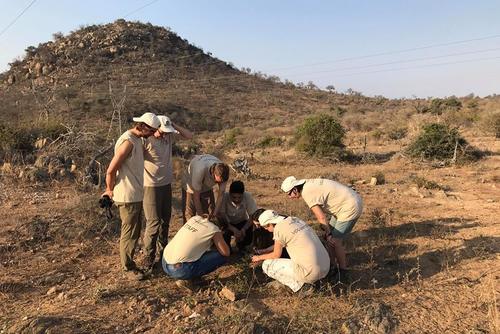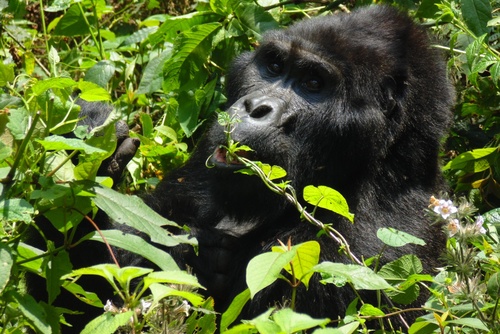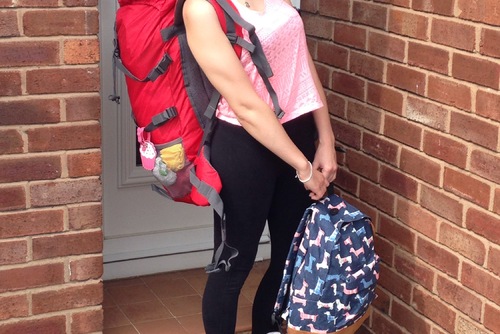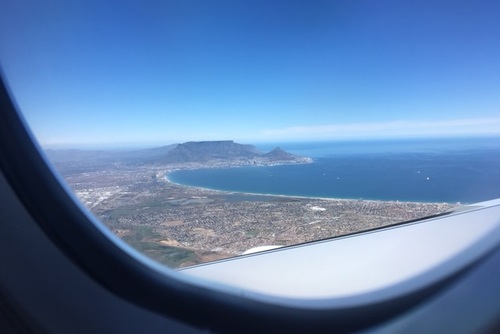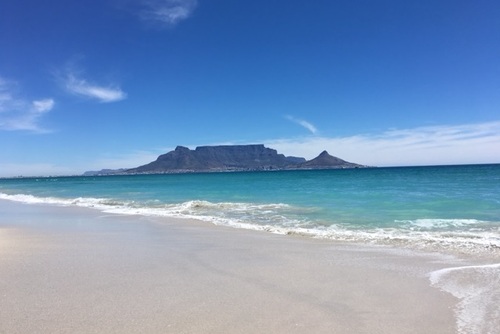There are so many reasons why you should visit South Africa and if you are going to be travelling here for the very first time there are lots of things to consider before departing.
If you are planning a break to South Africa check out some important things to help you prepare for the trip of a lifetime.
1. Get the Essentials Sorted Early
Well in-advance of departure there are some essential things you to buy including flights, travel insurance, accommodation and activities. But once you have ticked these things off your list the planning isn’t over yet.
You don’t want to be reliant on others and find yourself alone in a foreign country and in a situation where you don’t have as much information as possible about where you are.
2. Decide How You Going to Travel
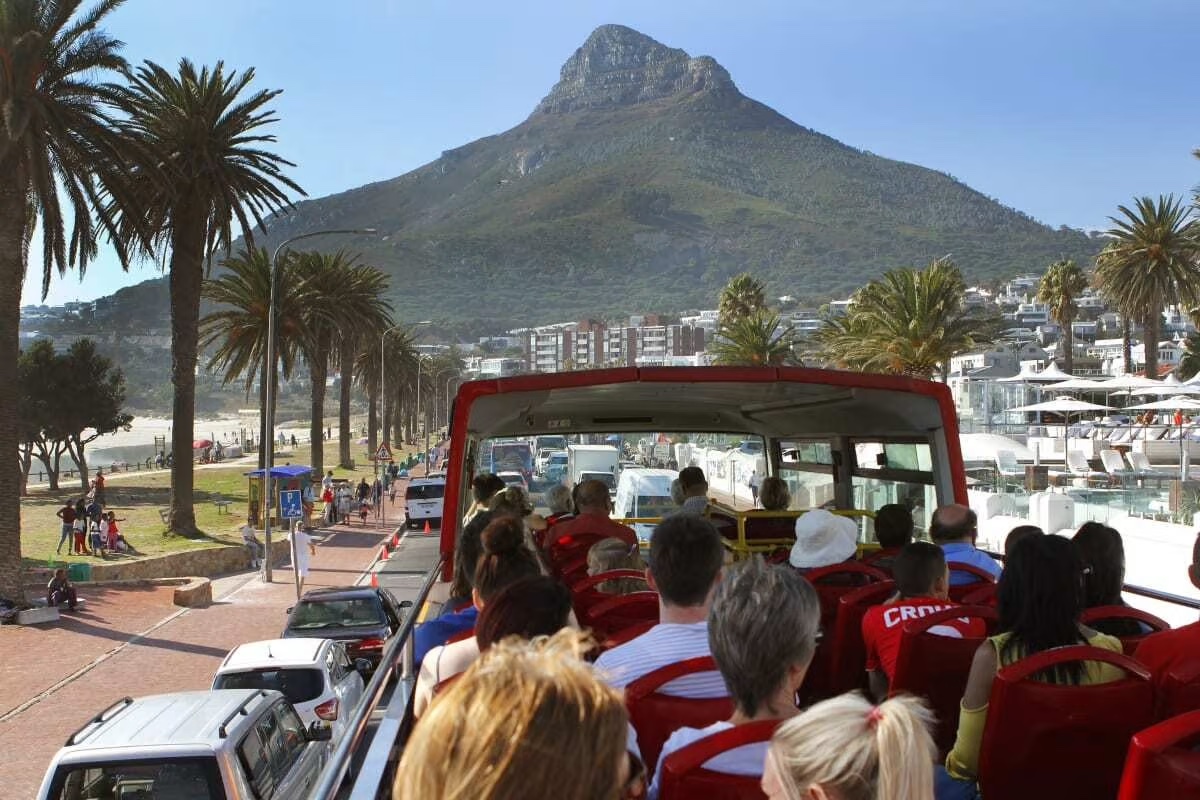
I am very fortunate to be travelling with a group who have visited the country multiple times before, and staying with their family who have lived there for years.
While all of this makes me feel pretty laid back about my trip, I’m not getting complacent.
There are lots of other options including planning a trip independently and working out your itinerary, accommodation and transport.
There are also South Africa group tours or structured South Africa gap year programs which allow you to see the highlights of the country.
3. Choose Where to Go
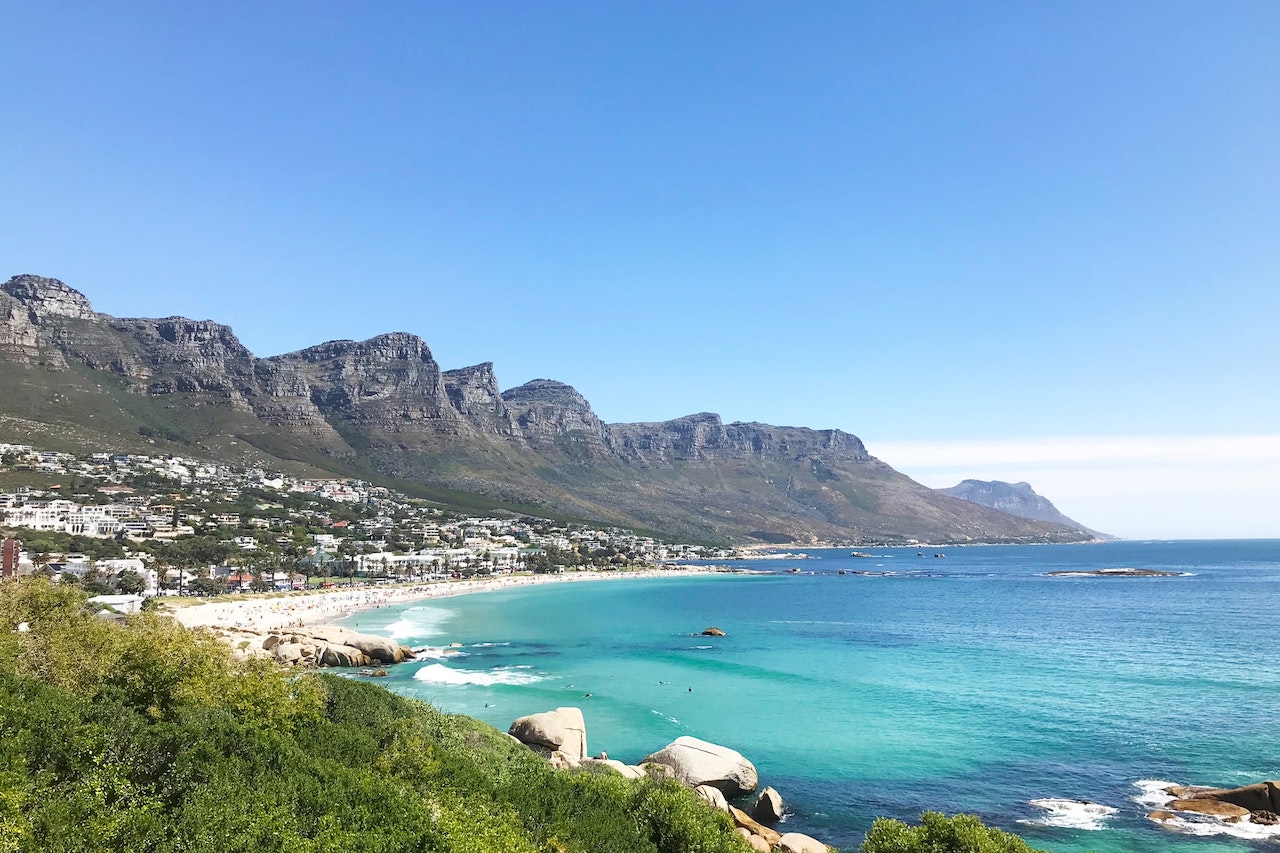
There are so many places you can add to your South Africa travel itinerary.
Popular destinations to visit include Cape Town, Johannesburg, Durban, Pretoria and the majestic Kruger National Park.
Research locations and see where appeals to you. Most international flights arrive into Cape Town or Jogannesburg, both are two of the most popular cities to visit in Africa.
Cape Town is a beautfiful city and a must visit place to see on any itinerary.
4. Find Amazing Activities

If going on a safari appeals to you there are some of the best wildlife destinations in Africa here. View some tips how to visit the Kruger National Park independently.
For something potentially life changing you might want to consider volunteer programs in South Africa - there are options to hep communities, the environment and wildlife.
5. Check Vaccinations & Book an Appointment with a GP
These pages also made realise I need to book an appointment with my GP (which is something I put off on the best of days, so I made sure to write this requirement in my diary to ensure I visit 4-6 weeks before I fly). I checked the NHS Fit for Travel website, which is amazingly helpful for tailored lists of vaccinations you might need, and made sure to make a list of any that might apply to me.
The most commonly advised to get are for diphtheria and hepatitis A, and you may need a certificate to prove you’ve been immunised against yellow fever. It’s always helpful to ask your GP for a printed copy of your vaccination history; incredibly useful if you find yourself in a foreign hospital. When visiting South Africa, certain parts of the country are at risk of malaria – make sure to check an up-to-date map.
6. Get Safety Advice Before Departing

Several of my friends have also visited South Africa before, so I made a point of asking them their top tips.
Some were safety related, like not stopping at red lights in Gauteng (there is a high risk of carjacking in South Africa, and many tourists have been told to run red lights if they feel at risk, as long as it is safe to do so).
If you plan to visit the coast it is vital to familiarising yourself with the dangers of rip-tides if you plan on swimming or surfing while you’re in the country.
Others were just generally useful, like making sure to get up early for a safari, as African animals are more active in the cooler hours of dawn.
If you are from the UK check the foreign and commonwealth travel advice pages – although the South Africa page sounds scary at first, a thorough read reveals the simple measures you can take to stay safe.
Stay in a group, avoid areas where demonstrations or marches are taking place and avoid travelling through and to townships where possible (the highest rate of crimes against tourists are in these areas).
If you’re travelling with anyone under 18 you need to have a copy of the child’s full, certified birth certificate. Such vital information and unusual requirements prove the importance of research like this.
7. You Can Never Do Too Much Research
Overall, I’ve realised that you really cannot do too much research. Now, whenever I’m avoiding writing essays, hoovering or emptying the bin, I’ll hit Google up to get myself further prepared for my destination.
It’s not just safety advice I’m benefitting from; I’m learning the best times to visit Boulder Beach or Table Mountain (both before breakfast, when you can have the penguins or the cable car to yourself), and above all I’ve never been more excited for a trip – because I’ve never been so prepared.
By Annie Pennington





